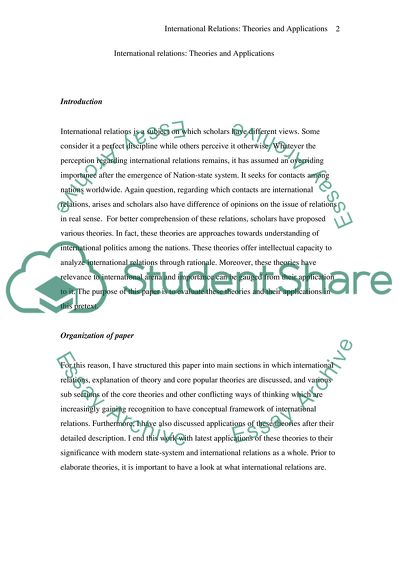Cite this document
(International Relations: Theories and Applications Research Paper, n.d.)
International Relations: Theories and Applications Research Paper. Retrieved from https://studentshare.org/other/1736870-international-relations-theories-and-applications
International Relations: Theories and Applications Research Paper. Retrieved from https://studentshare.org/other/1736870-international-relations-theories-and-applications
(International Relations: Theories and Applications Research Paper)
International Relations: Theories and Applications Research Paper. https://studentshare.org/other/1736870-international-relations-theories-and-applications.
International Relations: Theories and Applications Research Paper. https://studentshare.org/other/1736870-international-relations-theories-and-applications.
“International Relations: Theories and Applications Research Paper”, n.d. https://studentshare.org/other/1736870-international-relations-theories-and-applications.


